Home>Interior Design>Why Should You Not Sleep Facing North? A Feng Shui Faux Pas
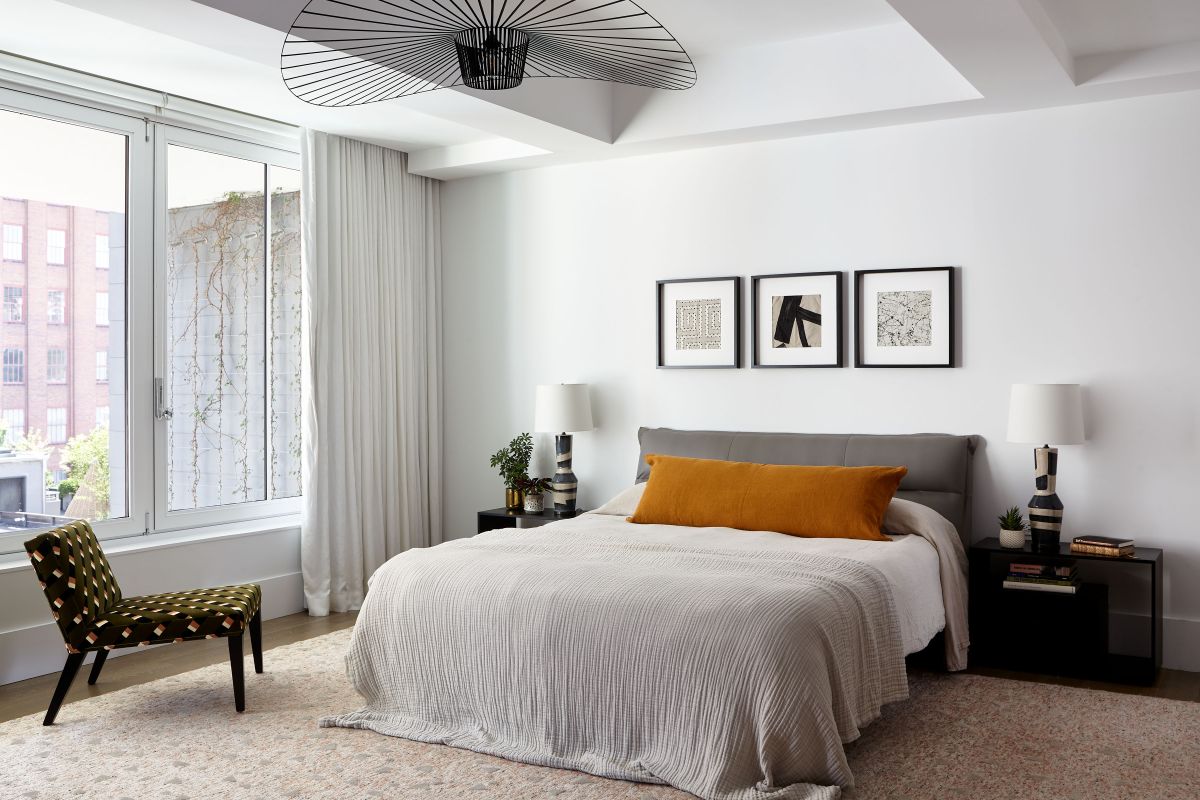

Interior Design
Why Should You Not Sleep Facing North? A Feng Shui Faux Pas
Modified: September 2, 2024
Discover why sleeping facing north is considered a Feng Shui faux pas in interior design. Avoid this mistake to enhance positive energy and balance in your space.
(Many of the links in this article redirect to a specific reviewed product. Your purchase of these products through affiliate links helps to generate commission for Storables.com, at no extra cost. Learn more)
Introduction
Have you ever heard the saying, “Don’t sleep facing north”? This seemingly simple piece of advice holds much significance in the world of interior design, particularly in the practice of Feng Shui. Feng Shui, which translates to “wind and water,” is an ancient Chinese art and science that focuses on the arrangement of objects and the flow of energy in a space. It is believed to bring harmony, balance, and positive energy into one’s life.
One of the key principles in Feng Shui is the importance of the sleeping position. The way we position ourselves during sleep can have a profound impact on our physical, mental, and emotional well-being. This is because when we sleep, our bodies are in a passive state, and the energy in our environment can greatly influence us.
Throughout history, there has been a belief that sleeping facing north is considered a Feng Shui faux pas. This belief stems from the idea that the Earth’s magnetic field flows from north to south, and sleeping in alignment with this flow can disrupt the natural energy balance in a room.
However, it’s important to note that this belief is largely rooted in superstition and has little scientific evidence to support it. Feng Shui is a subjective practice, and what may work for one person may not necessarily work for another. It’s also worth mentioning that the concept of energy flow in Feng Shui can vary depending on different cultural beliefs and traditions.
In the next sections, we will explore the myth of sleeping facing north, the potential negative effects, and alternatives to consider for a restful and harmonious sleep environment.
Key Takeaways:
- Embrace personal comfort over superstition when choosing your sleep position. Feng Shui offers guidance, but prioritize your well-being and experiment with positions that promote restful sleep.
- Create a harmonious sleep environment tailored to your needs. Consider Feng Shui principles, but trust your intuition and seek comfort for a restful night’s sleep.
Understanding Feng Shui
Feng Shui is a complex system that focuses on the arrangement and organization of objects within a space to create a harmonious and balanced environment. It is based on the belief that the physical spaces we inhabit have an impact on our well-being and can influence various aspects of our lives, such as health, relationships, and success.
At its core, Feng Shui is guided by the principles of yin and yang, the five elements (wood, fire, earth, metal, and water), and the Bagua map. Yin and yang represent the duality and equilibrium of opposing forces, while the five elements symbolize different aspects of life. The Bagua map is a tool used to determine the energy flow in a space and how it corresponds to different areas of life.
According to Feng Shui, the arrangement of furniture, color schemes, and the flow of energy within a room can affect the overall energy, or Qi, in a space. By optimizing the Qi, it is believed that we can enhance our well-being and attract positive energy into our lives.
In the practice of Feng Shui, the sleeping position is considered crucial because we spend a significant portion of our lives sleeping. The bedroom is considered a place of rest, rejuvenation, and intimacy. As such, it is important to create a harmonious and balanced environment that promotes good sleep and positive energy.
While Feng Shui offers guidelines and principles for creating an optimal sleep environment, it’s important to remember that these are not hard rules, but rather suggestions to enhance the overall flow of energy in a space. What works for one person may not work for another, and it’s essential to listen to your own intuition and preferences when arranging your bedroom.
Now, let’s delve into the idea of sleeping facing north and the reasons behind its negative connotation in Feng Shui.
The Importance of Sleep Position
The way we position ourselves during sleep can have a significant impact on the quality of our rest and overall well-being. Beyond just finding a comfortable position, the alignment of our bodies and the energy within our surroundings can deeply influence our sleep patterns and how we feel upon waking.
When it comes to sleep position, there are several factors to consider. One of the primary considerations is maintaining proper spinal alignment. Sleeping in a position that supports the natural curve of our spine can help reduce the risk of developing back or neck pain and promote better overall posture.
In addition to spinal alignment, sleep position can also affect our breathing and circulation. For example, sleeping on your back allows for optimal airflow and can minimize the chances of developing sleep apnea or snoring. On the other hand, side sleeping can enhance blood circulation and alleviate pressure on certain areas of the body.
Another aspect to consider is the energy flow within the room. In Feng Shui, it is believed that energy, or Qi, moves through spaces in a specific way. By positioning ourselves in alignment with this energy flow, we can enhance the harmonious energy in our sleep environment.
While there are no hard and fast rules about sleep positions in Feng Shui, certain positions are generally recommended for their positive impact on energy flow. For example, placing your head towards the east is often favored because it is associated with new beginnings and the rising sun. Similarly, sleeping with your head towards the south is said to promote relaxation and a sense of calm.
Now, let’s explore the myth of sleeping facing north and the potential negative effects it may have on our sleep and well-being.
The Myth of Sleeping Facing North
One common belief in the practice of Feng Shui is that sleeping facing north is considered unfavorable. This belief originates from the notion that the Earth’s magnetic field flows from north to south, and sleeping in alignment with this flow can disrupt the natural energy balance within a room.
However, it’s important to note that this belief is largely rooted in superstition and has little scientific evidence to support it. While it is true that the Earth has a magnetic field, the impact of sleeping in different directions on our well-being is not well-established. The magnetic field is relatively weak, and its influence on our bodies during sleep is minimal.
Feng Shui is a subjective practice, and the interpretation and application of its principles can vary. While some practitioners may discourage sleeping facing north, others may have different perspectives. It’s crucial to approach Feng Shui as a guideline rather than a rigid set of rules.
Furthermore, the concept of energy flow in Feng Shui can be influenced by cultural beliefs and traditions. In some cultures, sleeping facing north may be considered auspicious or beneficial. It’s essential to consider the context and cultural background when interpreting Feng Shui principles.
Ultimately, the most important factor in creating a restful sleep environment is personal comfort and preference. Each individual has unique sleep needs and preferences, and it’s crucial to prioritize those factors when deciding on a sleep position.
However, while the myth of sleeping facing north may lack scientific evidence, there are still potential negative effects to consider.
Sleeping facing north is not recommended in Feng Shui as it is believed to disrupt the body’s magnetic field, leading to restless sleep and health issues. It’s best to position your bed to face south, east, or west for better energy flow and restful sleep.
Negative Effects of Sleeping Facing North
While the belief that sleeping facing north is inherently negative may be based on superstition rather than scientific evidence, there are some potential considerations to take into account. These effects, however, are not specific to sleeping facing north but can apply to any sleep position that is not aligned with personal comfort and well-being.
One potential negative effect is the disruption of sleep quality. If you find yourself uncomfortable or restless while sleeping facing north, it can lead to difficulties falling asleep, frequent awakenings throughout the night, or a feeling of unrest upon waking. This can result in a lack of restorative sleep, leading to fatigue and reduced overall well-being.
Another potential concern is the psychological impact of believing that sleeping facing north is unfavorable. If you strongly believe in the negative effects, it can create a sense of unease or anxiety around your sleep environment. This can contribute to a state of hyperarousal, making it more challenging to relax and fall asleep.
Additionally, sleeping in a position that does not align with your personal comfort and preferences can lead to physical discomfort. It may cause muscle tension, stiffness, or even contribute to the development of sleep-related issues such as snoring or acid reflux. It’s crucial to prioritize your own comfort and well-being when determining the best sleep position for you.
It’s worth reiterating that the negative effects associated with sleeping facing north are not universally experienced by everyone. The impact of sleep position can vary greatly from person to person, depending on individual factors such as body mechanics, personal health conditions, and sleep habits.
Ultimately, the key is to listen to your body and prioritize personal comfort when deciding on a sleep position. Experiment with different positions to find the one that allows you to achieve restful and undisturbed sleep. It’s essential to create an environment that promotes relaxation, tranquility, and personal well-being, regardless of the direction you face during sleep.
Alternatives to Sleeping Facing North
If you’re looking for alternatives to sleeping facing north, there are several options to consider. Remember that the goal is to create a sleep environment that promotes relaxation, comfort, and positive energy flow, tailored to your individual needs and preferences.
1. Sleeping facing east: Many believe that sleeping facing east can bring about a sense of renewal and new beginnings. It aligns with the rising sun and can help you wake up feeling rejuvenated and ready to start your day.
2. Sleeping facing south: Sleeping with your head towards the south is said to promote relaxation and a sense of calm. It can be particularly beneficial if you seek a peaceful and restorative sleep experience.
3. Sleeping in alignment with your personal comfort: Ultimately, the most important factor is to prioritize your own comfort and well-being. Experiment with different sleep positions, such as sleeping on your back, side, or stomach, to find the position that allows you to achieve restful and undisturbed sleep.
4. Creating a harmonious sleep environment: Beyond just sleep position, there are other factors to consider in creating a sleep-friendly space. Pay attention to the overall design and arrangement of your bedroom. Incorporate soothing colors, clutter-free spaces, and a comfortable and supportive mattress and pillows. These elements can contribute to a calming atmosphere and positive energy flow.
5. Seeking professional guidance: If you’re interested in implementing Feng Shui principles in your sleep environment but feel unsure about where to start, consider consulting a professional Feng Shui expert. They can provide personalized guidance and suggestions based on your specific needs and the unique characteristics of your space.
Remember, while Feng Shui offers valuable insights and guidance, it’s essential to approach it as a tool to enhance your sleep environment rather than a strict set of rules. Trust your intuition and prioritize your own comfort and well-being in creating a restful and harmonious sleep space.
Conclusion
The belief that sleeping facing north is unfavorable in Feng Shui has been deeply ingrained in popular culture. However, it’s important to approach this belief with a critical and open mind. While there may be historical and cultural reasons behind this notion, there is limited scientific evidence to support the claim that sleeping facing north has negative effects on our sleep and well-being.
Feng Shui is a subjective practice that aims to create a harmonious and balanced environment. It offers guidelines and principles that can be applied to enhance the energy flow and overall feel of a space, including the bedroom. However, it’s essential to prioritize personal comfort and well-being when determining sleep positions and creating a sleep-friendly environment.
Instead of adhering strictly to the belief of not sleeping facing north, consider exploring different sleep positions that align with your personal preferences and comfort. Experiment with sleeping facing east or south, or find the position that allows you to achieve restful and undisturbed sleep.
Incorporate other elements of Feng Shui, such as creating a clutter-free and soothing bedroom environment, selecting calming colors, and investing in a comfortable mattress and pillows. These factors can contribute to a relaxing and harmonious sleep space that promotes positive energy flow and supports your physical, mental, and emotional well-being.
Remember that Feng Shui is a practice that can be adapted to suit your individual needs and cultural context. It’s subjective, and what works for one person may not work for another. Trust your own intuition and preferences when organizing your sleep environment.
Ultimately, the goal is to create a sleep sanctuary that promotes restful sleep, relaxation, and positive energy. Whether you choose to sleep facing east, south, or any other direction, prioritize your own comfort, well-being, and personal sleep preferences above all else.
So, let go of any preconceived notions and embrace the opportunity to cultivate a sleep environment that aligns with your individuality, comfort, and desires. Sleep peacefully, knowing that you have created a space that supports your well-being and encourages a restful night’s sleep.
Frequently Asked Questions about Why Should You Not Sleep Facing North? A Feng Shui Faux Pas
Was this page helpful?
At Storables.com, we guarantee accurate and reliable information. Our content, validated by Expert Board Contributors, is crafted following stringent Editorial Policies. We're committed to providing you with well-researched, expert-backed insights for all your informational needs.
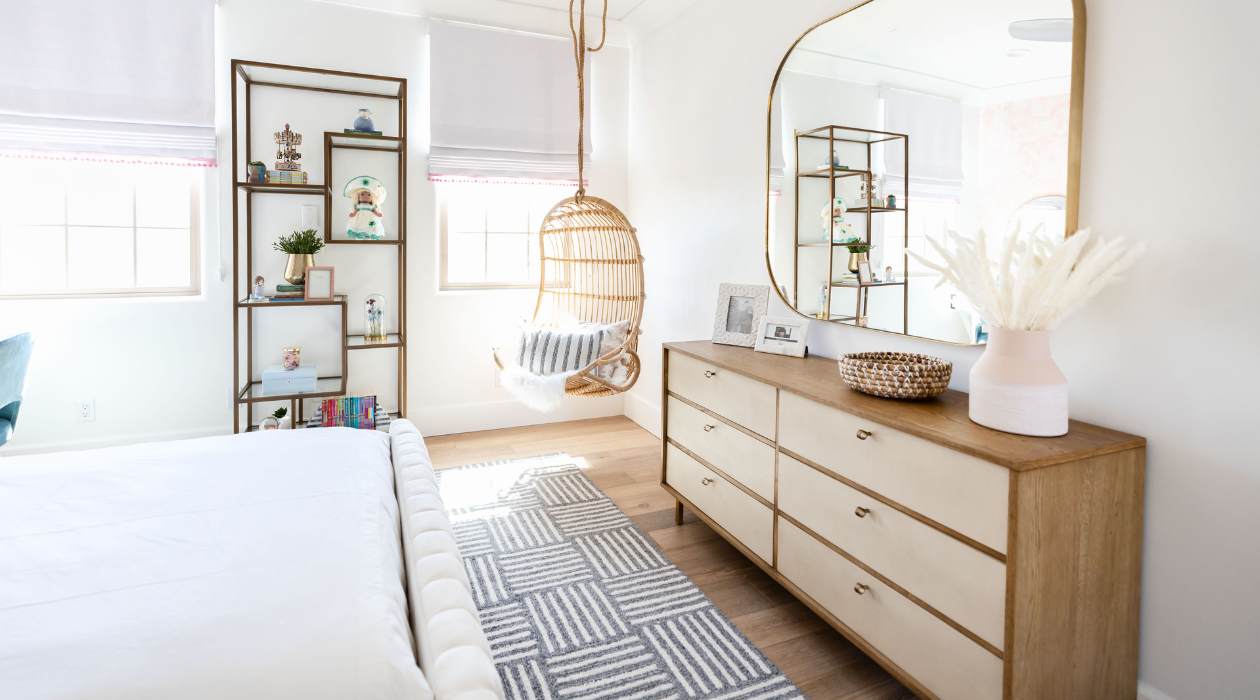
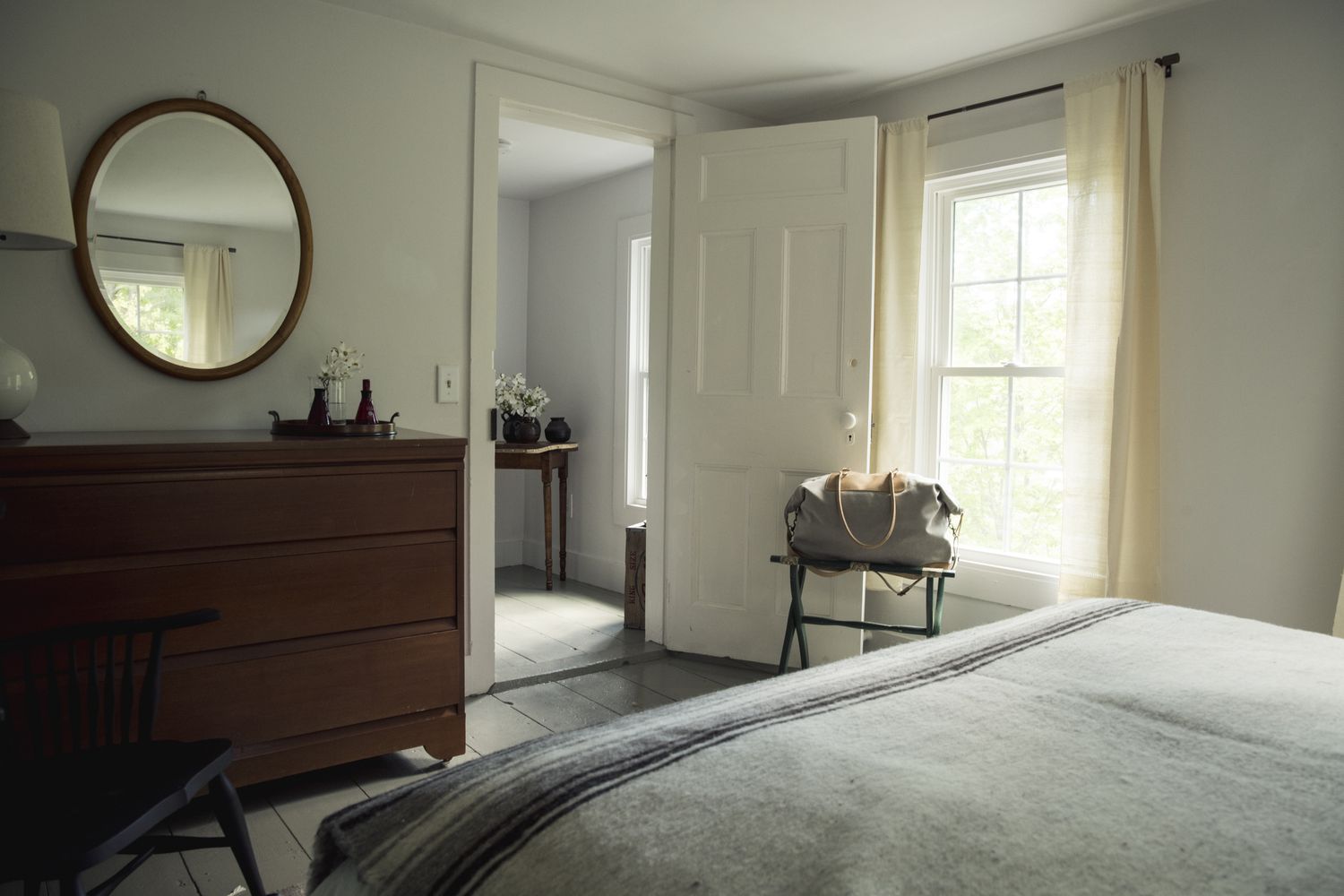
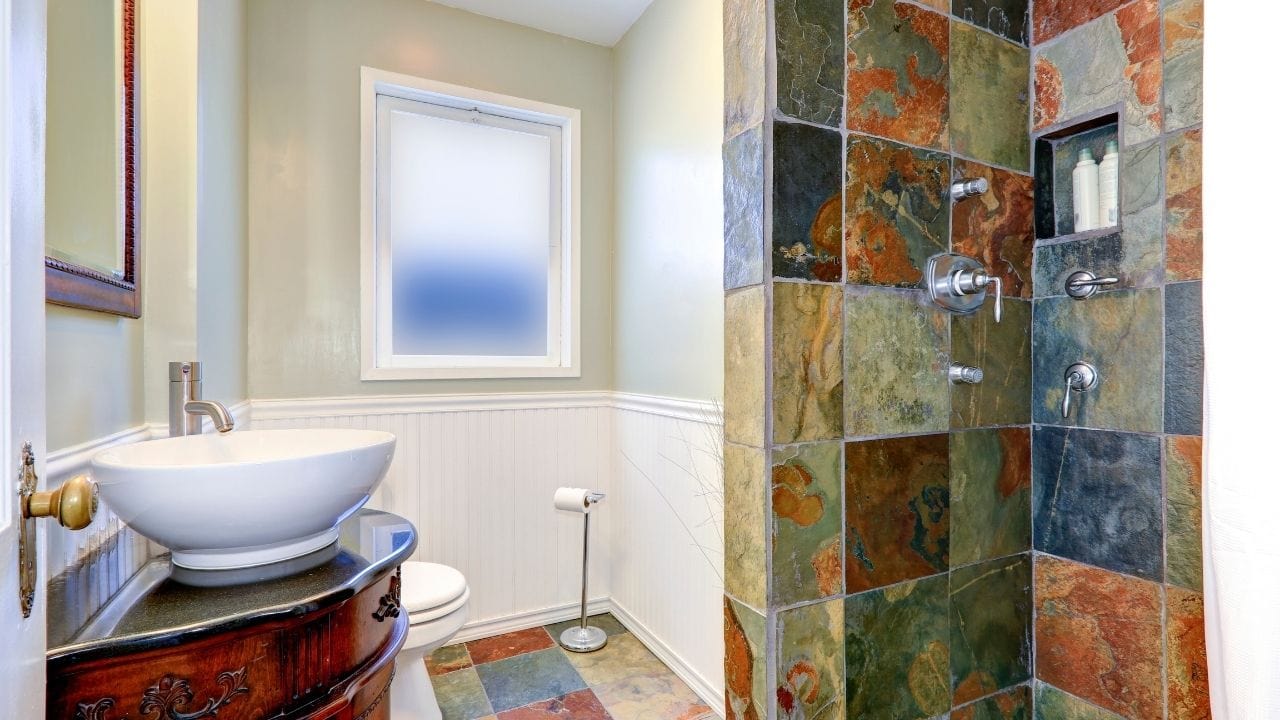

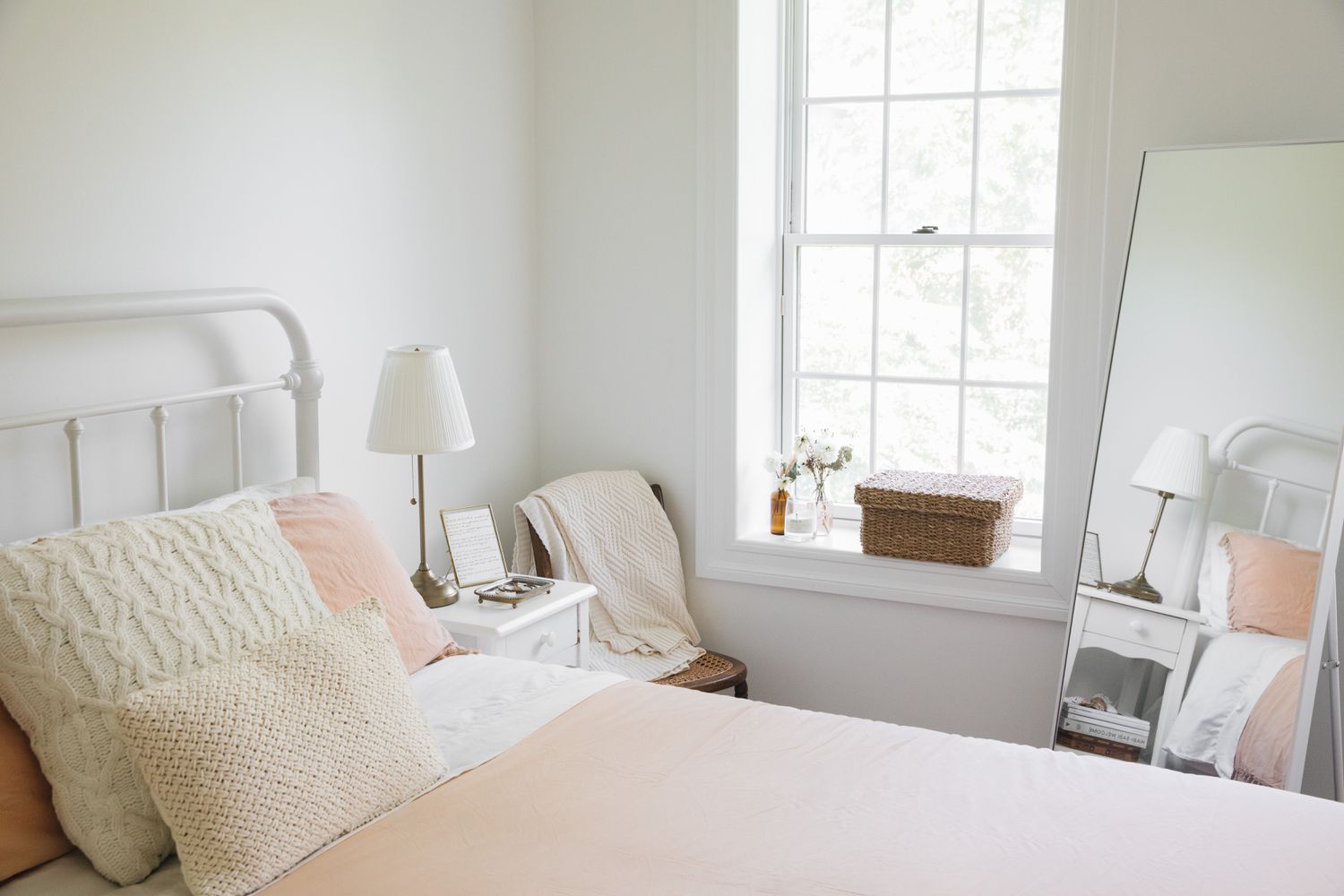





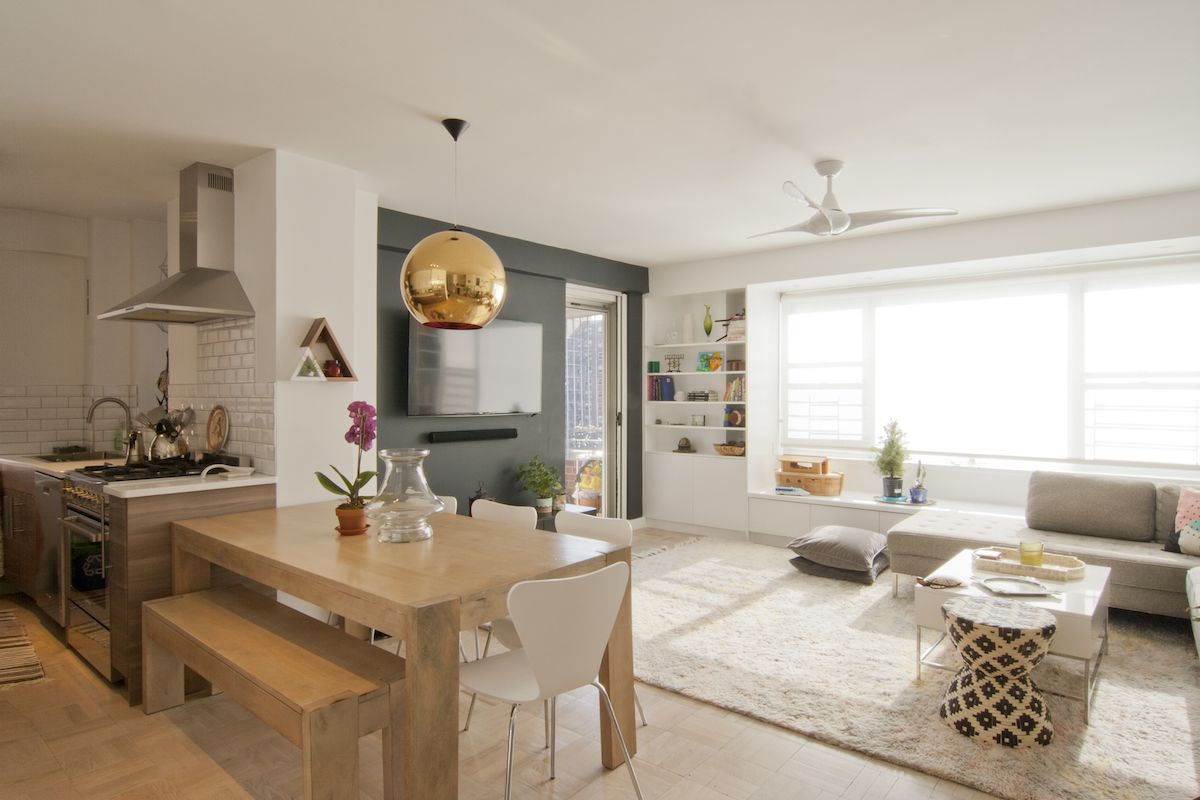

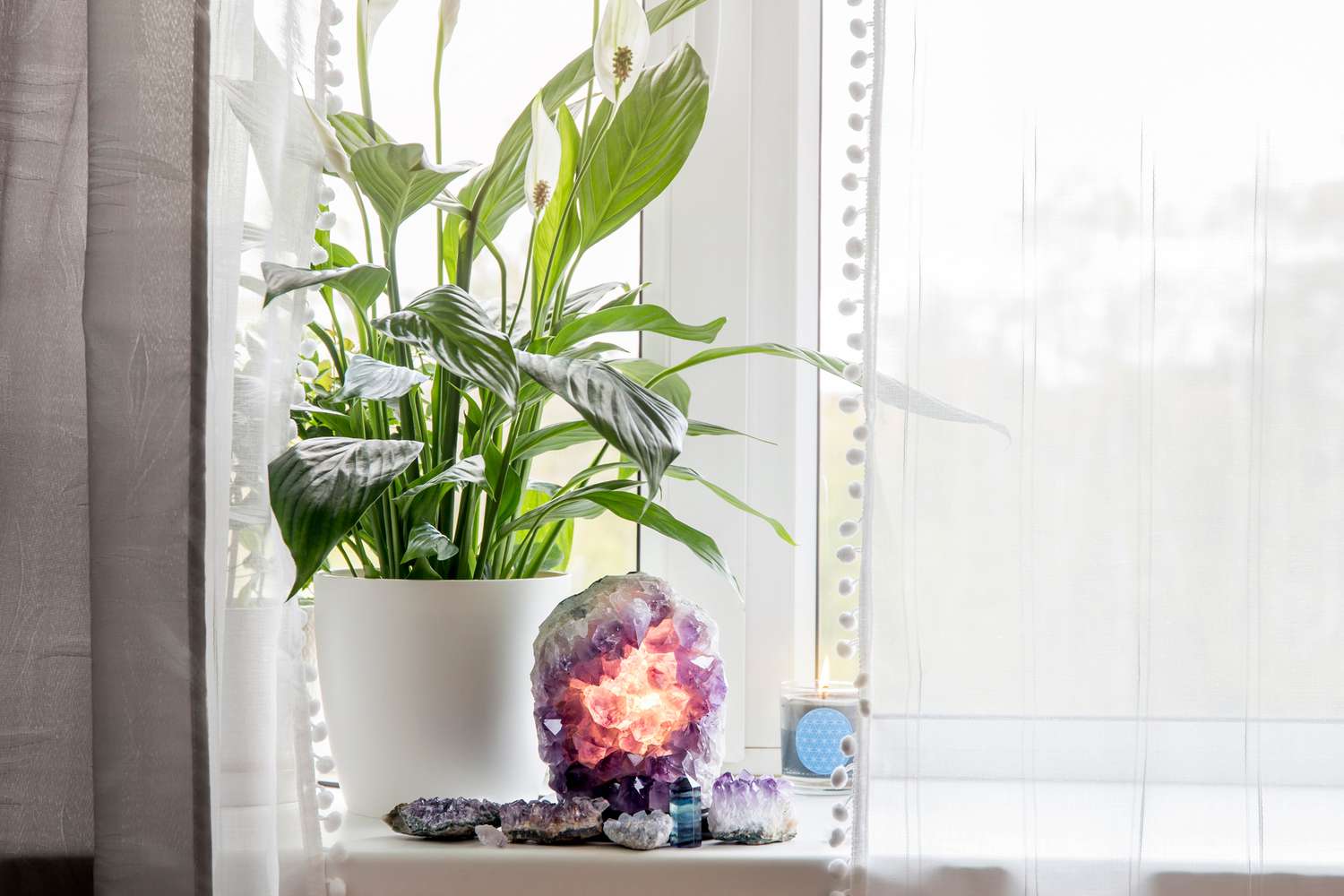


0 thoughts on “Why Should You Not Sleep Facing North? A Feng Shui Faux Pas”